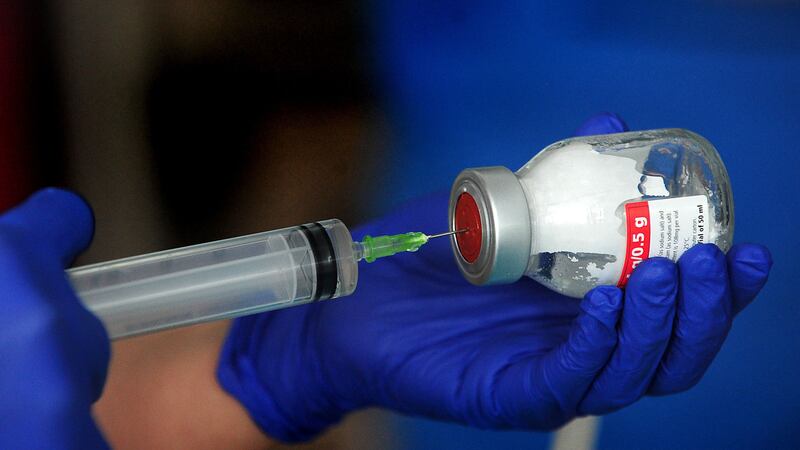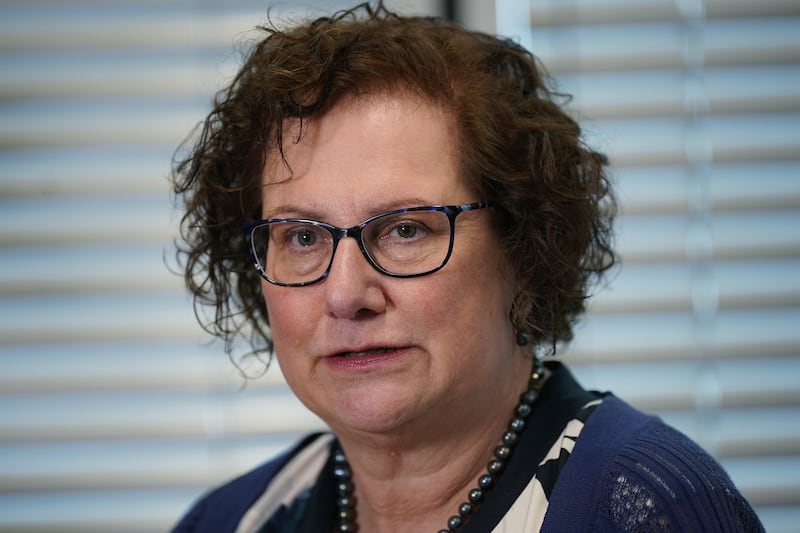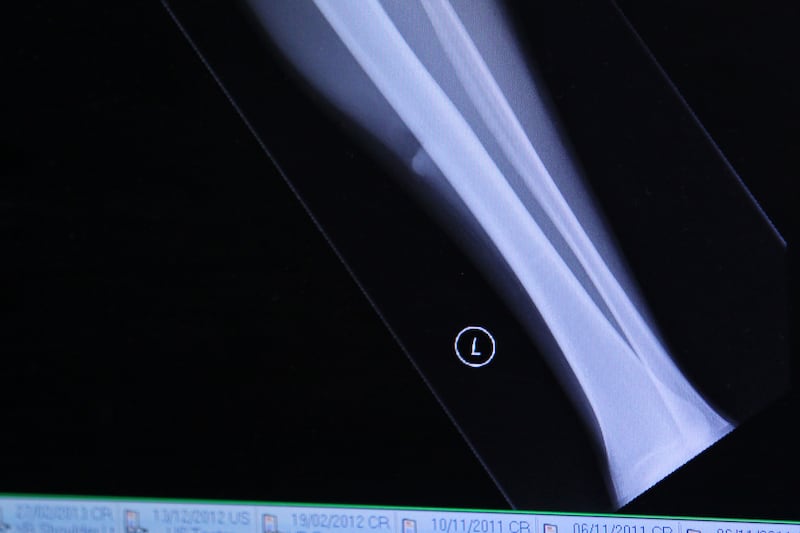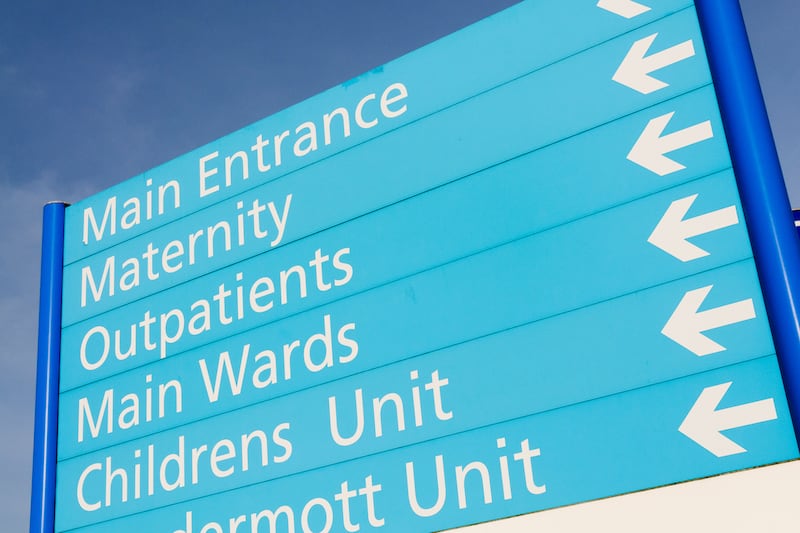More than 90,000 Britons will die due to bugs resistant to treatment with antibiotics over the next three decades, estimates suggest.
The Organisation for Economic Co-operation and Development (OECD) warned that superbug infections will kill around 2.4 million people across Europe, North America and Australia by 2050 unless more is done to limit antibiotic resistance.
This includes around 1.3 million deaths across Europe.
The report estimates that 90,045 Britons will die over the next 30 years from infections which are resistant to treatment.
Simple measures such as hand washing and more prudent prescriptions of antibiotics could avert some of the deaths, the authors said.
Better hygiene, ending the “over-prescription” of antibiotics and enhancing rapid testing for patients to ensure they are being prescribed the right drugs are some of the measures that could overcome the threat, the OECD said.
Three out of four deaths could be averted by spending just two US dollars (£1.50) per person a year, the OECD calculated.
A short-term investment would save money in the long run, they added, saying that dealing with antimicrobial resistance complications could cost up to 3.5 billion US dollars (£2.6 billion) each year on average across the 33 countries included in the analysis.
Resistance is already high and projected to grow even more rapidly in low and middle-income countries.
The report warns that southern Europe risks being particularly affected, with Italy, Greece and Portugal forecast to top the list of OECD countries with the highest mortality rates from antimicrobial resistance.
It adds that resistance to second and third-line antibiotics – used as back-ups to treat infections when common antibiotics do not work – is expected to grow over the coming decades.
The report comes after health officials in England launched a campaign to try to prevent people from asking for the drugs when they do not need them.
Public Health England said antibiotics are essential for treating serious bacterial infections but the drugs are frequently used to treat coughs, sore throats and ear aches, which usually get better without the medication.
The health body’s latest campaign reminds people that if they are feeling unwell, “antibiotics aren’t always needed”.
Tim Jinks, head of the Wellcome Trust’s Drug-Resistant Infections Priority Programme, said: “This new OECD report offers important insight into how simple, cost-effective surveillance, prevention and control methods could save lives globally.
“Drug-resistant superbugs are on the rise worldwide and represent a fundamental threat to global health and development. This report provides yet further evidence that investing to tackle the problem now will save lives and deliver big pay-offs in the future.”
PHE estimates that in 2015 there were 52,971 antibiotic-resistant infections and 2,172 deaths attributable to antibiotic-resistant infections.
Commenting on the OECD report, Dr Susan Hopkins, deputy director for PHE’s National Infection Service, said: “In order to tackle antibiotic resistance we need to preserve antibiotics for when we really need them.
“We are calling on the public to join us in tackling antibiotic resistance by listening to your GP, pharmacist or nurse’s advice and only taking antibiotics when necessary.
“We also need to drive down infections and we are committed to reducing infections in both community and hospital healthcare settings, and are working with front-line NHS staff, NHS England, NHS Improvement and the Department of Health and Social Care to do this.”








